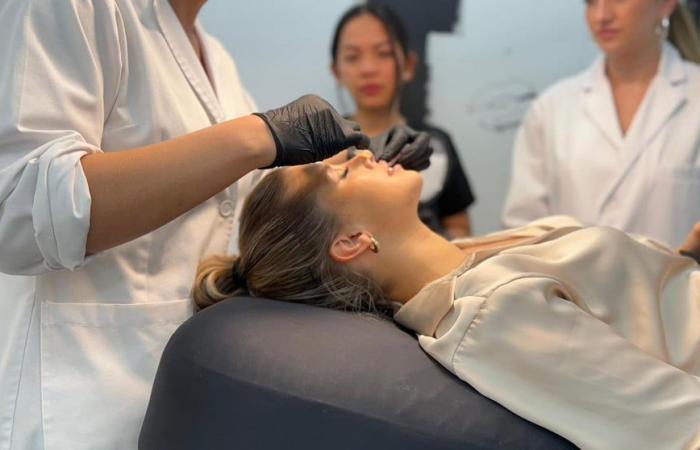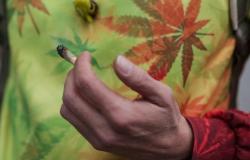A recent study conducted by the Applied Psychophysiology research group at the European University of Madrid has revealed important findings on the psychophysiological response to stress in Aesthetic Medicine students during facial procedures. The study, led by Carlota Valeria Villanueva-Tobaldo, José Francisco Tornero-Aguilera and professor Vicente Javier Clemente-Suárez, analyzes Stress response of students during facial aesthetic proceduresthrough the measurement of heart rate variability (HRV), brain activity through electroencephalography (EEG) and stress perception.
According to a statement from the Madrid center, the results indicated a high sympathetic modulation of the autonomic nervous system, which “reflects a lack of habituation to the procedures.” Heart rate variability (HRV) measures did not show the expected autonomic adaptation, with an 18 percent increase in the LF/HF ratio from the beginning to the end of the procedure, evidencing persistent sympathetic dominance. Furthermore, high levels on the stress perception scale, with a mean score of 37.5 out of 50, suggested maladaptive coping styles in students.
| “The results reflect the students’ lack of habituation to facial procedures,” they point out from the European University of Madrid. |
The study recorded a significant increase in alpha, beta and gamma wave activity in the anterior cortical area of the brain, with increases of 26.65 percent, 12.30 percent and 1.74 percent respectively, both before and after the procedures. This points out high cognitive demand and anticipatory anxiety. Additionally, a 1.05 percent decrease in critical flicker fusion threshold (CFFT) was observed, indicating central nervous system fatigue.
The electroencephalography played a crucial role in this study and provided a detailed insight into the students’ brain activity during the procedures, says the European University of Madrid. EEG recordings showed an increase in brain oscillations in the alpha, beta and gamma frequency bands; in the frontal and temporal areas of the brain. In the anterior region, alpha waves increased by 26.65 percent, beta waves by 12.30 percent and gamma waves by 1.74 percent. This pattern suggests a high cognitive and emotional load, confirming the theory that aesthetic facial procedures They are highly stressful.
Implement strategies to reduce stress
These findings indicate that students are experiencing high levels of stress and anxiety, which could affect your performance and ability to make decisions during the procedures. “These findings underline the importance of implementing effective stress management strategies in the training of Aesthetic Medicine students, something essential in professional practice,” Villanueva-Tobaldo noted in the statement. Tornero-Aguilera has highlighted the importance of simulation programs, mindfulness techniques and ergonomic improvements in the environment to reduce student stress, since they “improve the well-being of students, in addition to optimizing clinical results and reduce the risk of errors during procedures.
For his part, Clemente-Suárez has highlighted the relevance of simulation models “as a learning method to regulate physiological responses to stress, especially in those with less experience.” “Preoperative simulation training and stress management programs are essential to prepare students for the physical and cognitive demands of prolonged cosmetic procedures,” she said.
The study concludes that facial aesthetic procedures induce an anticipatory anxiety response in students, which prevents habituation and affects both autonomic and cortical activity. Incorporating personalized stress management programs and real-time monitoring of psychophysiological responses can improve student performance and well-being, leading to better educational and clinical outcomes.
Although it may contain statements, data or notes from institutions or health professionals, the information contained in Medical News is edited and prepared by journalists. We recommend that readers consult a health professional with any health-related questions.






